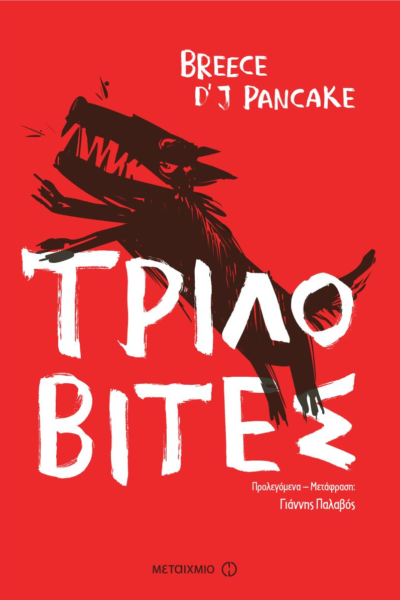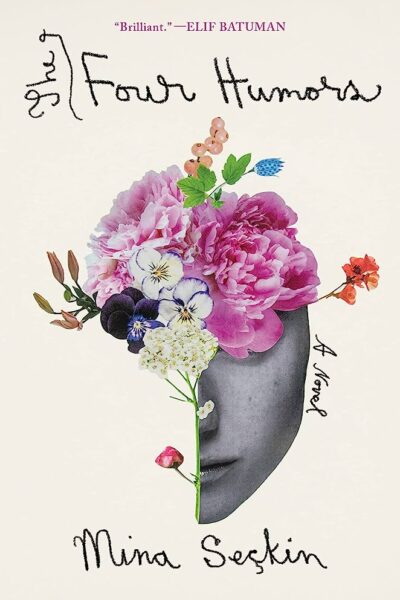“Yet Another Dagger Pulsing Under the Rain”: Why We Need Joyce Mansour—and Surrealism
Just as this ardent, well-honed collection coaxes Mansour’s “molecules of revolt” into jewel-bright, posthumous flares, so may surrealism’s many ambient, alert, electrifying molecules flare up to reverse the annihilating currents of our present moment.
Giving Language to the Language of That Which Cannot Be Constructed
By imagining new worlds and countering Zionist mythologies that deny them their history, Palestinian poets challenge the colonial history into which they have been brutally implicated by the Israeli apartheid regime.
Lucky Over There: Meeting the Greek Translator of Breece D’J Pancake
Perhaps, without realizing it, a part of me had begun to wish Pancake’s fame had never grown beyond the depths of the library where I found him, to wish his brutal brilliance was a secret known only within the state borders.
Oblique Memories: Montserrat Roig and Literature of Forgetting
But, really, how many of us in Europe are aware of our own country’s dark histories?
The Insidious Faux-Feminism of Barbie
It wasn’t until Barbie left Barbie Land that the proverbial needle skipped for me. I didn’t watch the Barbie Movie expecting a feminist film. I never imagined the need to critique it as such. But the Barbie Movie has proclaimed itself a feminist film, and so must be critiqued in this light.
“Pages on Fire”: The Ends of Cărtărescu
Apocalypse might be what it means to wake up from dreams, or to close, for the last time, a book. Apocalypse might be the name for the self’s end, or the dissolution of the world into memory.
“Keep the Dream”: Science Fiction and the Desanctification of Space
When it comes to the most expensive business in—and beyond—the world . . . no one ever seems to ask the cheapest of questions: Is it worth it?
Something in My Throat – Meghan Racklin
Whisper networks whisper for a reason: It is hard to speak into the face of power, of silence and its stories.
The goblin arrives through people, not in front of them. More poltergeist than monster. We can’t know its specific form, but we see it appear—fluidly, over and over again—in what we fear, and where that fear ignites into inspiration.
Literature’s Lost Profiles: The Oblique Subjects of Parabiography
Splicing one’s twenty-first-century world with that of a historical figure is a multi-faceted labor of translation–not only across time, but across media, languages, and cultures.












